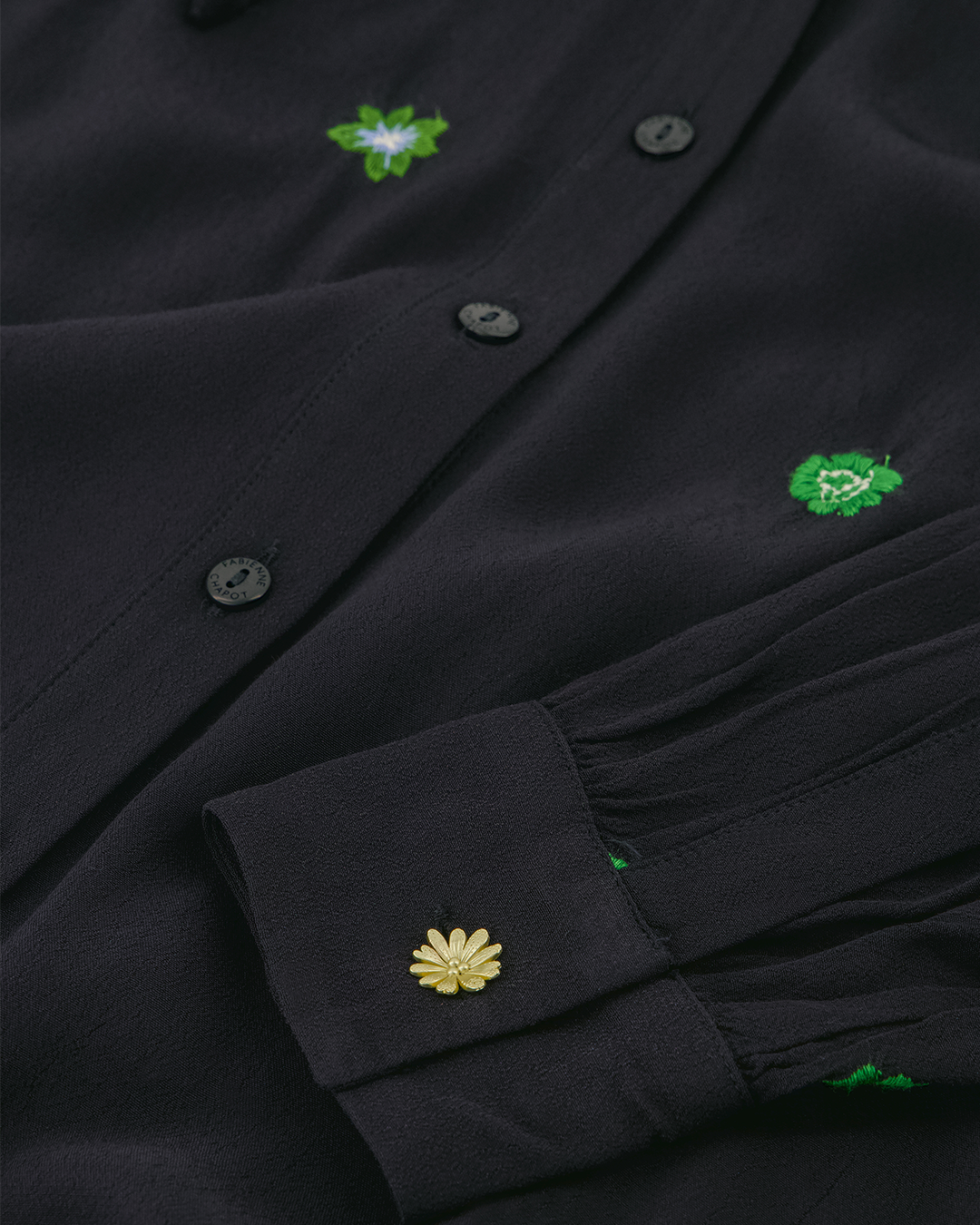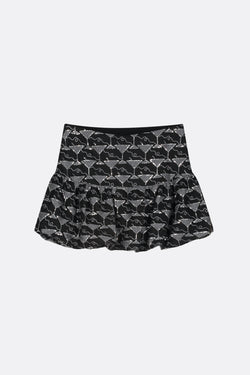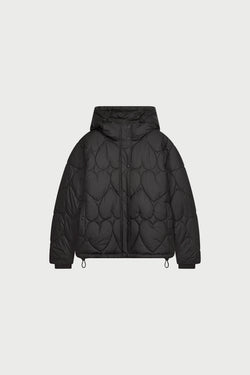
Responsible material guide
LINEN
Washing: Linen is a natural material that does not like many washes, so, we would recommend thorough ventilation between wears. As a delicate fabric, it is best suited for lower temperatures, around 30°C or lower, with a gentle spin cycle. Make sure to use a mild detergent that is free of bleach or optical brightening agents.
Drying: It's worth contemplating a more gentle approach to drying your linen garments, such as air drying. This method is not only gentler on the fabric but also more eco-friendly, as tumble drying can potentially cause shrinkage and harm the fibres, which isn't beneficial for our precious environment. Nevertheless, if you do choose for tumble drying your linen pieces, consider doing so at a low temperature for just a brief period and then hang them up for the remainder of the drying process.
COTTON
Washing: Cotton likes low temperatures, around 30°C or lower.
Drying: When drying cotton items, you would really like to consider the air-dry option, since cotton really cannot stand the heat from tumble dryers. Most often, it shrinks in result but can be ironed back in humid condition.
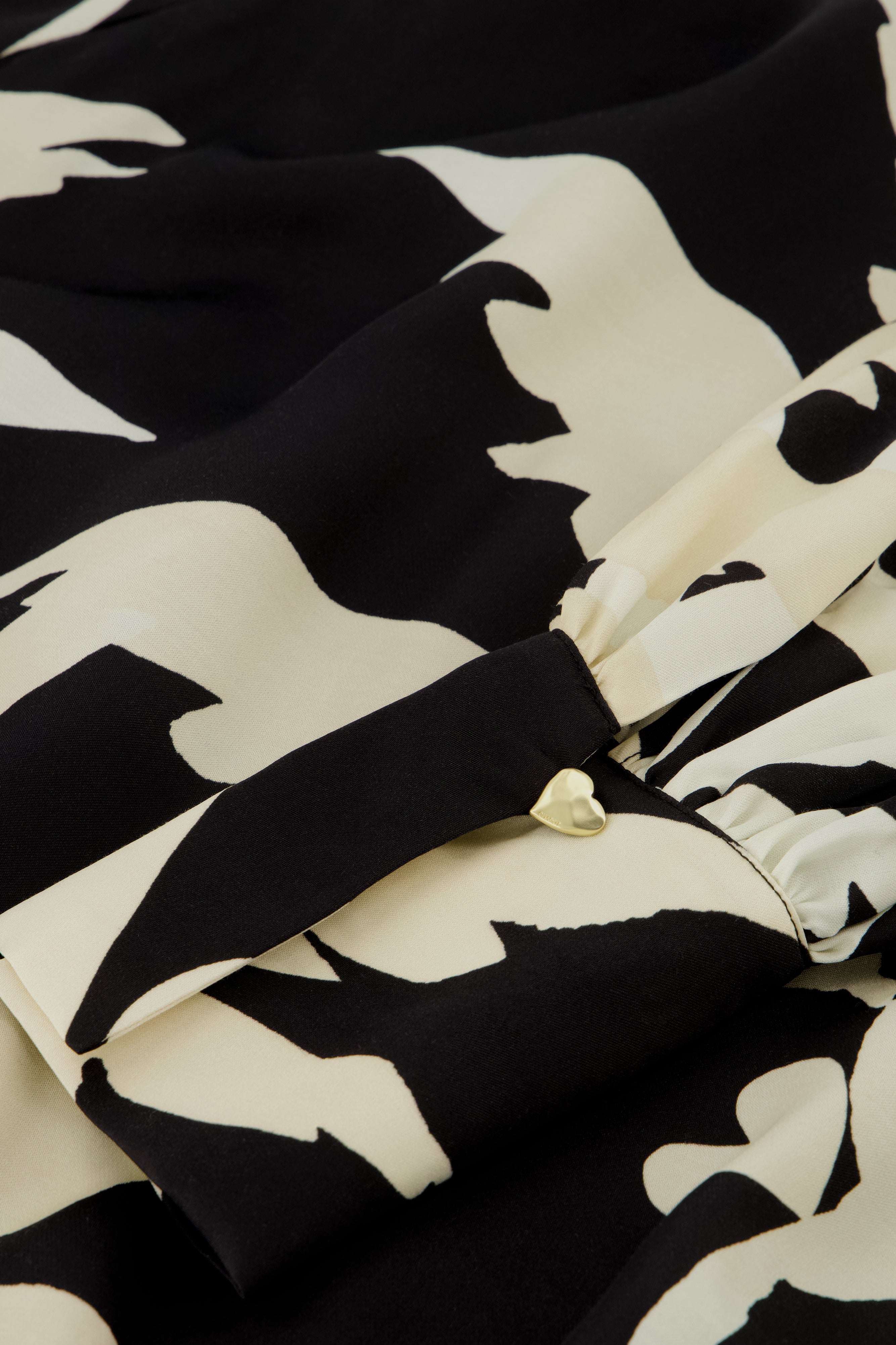
DENIM
Washing: To maintain the unique shape and fit of your beloved jeans, we recommend washing them as less as possible and promptly addressing any stains as needed. When you do wash them, remember to turn them inside out and use a temperature as low as 30°C, or even lower – denim isn't sensitive to cold water.
Drying: As most fabrics, denim also feels much happier when being air dried rather than tumble dried, as the latter one makes them shrink.
WOOL
Washing: A crucial aspect to understand about wool is its remarkable attribute – a built-in natural protective coating that renders it resistant to dust and dirt. Consequently, in most cases, simply allowing it to air out suffices.
However, in more challenging situations, you have the option to wash it at a gentle 30°C or colder cycle with a minimal spin. A preferable alternative would involve handwashing it in cold water with specialized wool detergent. Be sure to delicately squeeze out excess water without wringing it.
Drying: It is important to mention that for wool it is required to dry it on a flat surface, since hanging it up will stretch pieces out of shape.
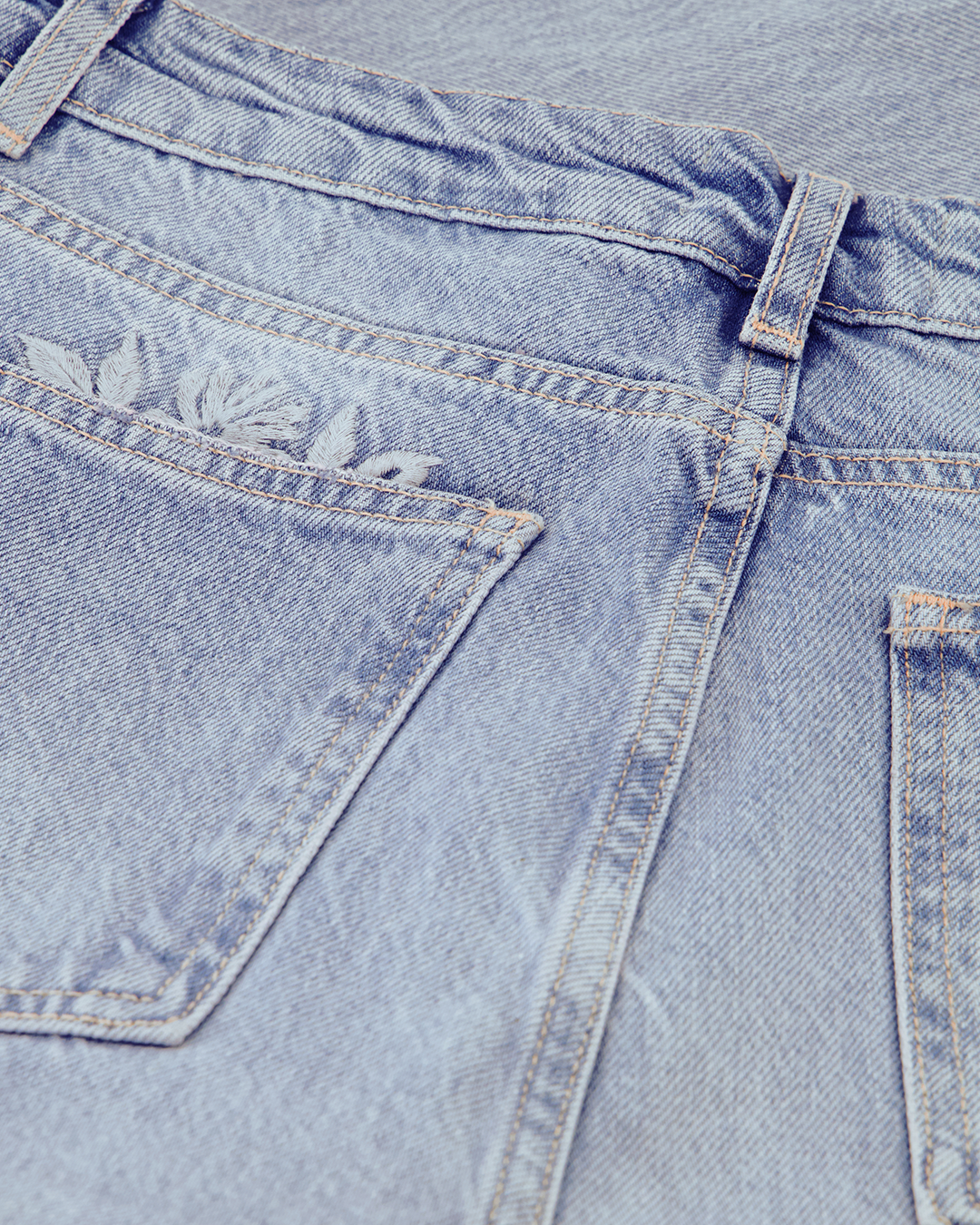
LEATHER & SUEDE
Washing: If you're looking to thoroughly clean your leather and suede clothing, it's advisable to entrust them to a leather specialist to prevent any irreversible tragedy. If we’re talking about minor stains, of course you could spot clean your product with a slightly damp cloth.
For good maintenance, apply an environmental-friendly shoe polish that will increase the protection against water and dirt.
POLYESTER (RECYCLED)
Washing: (Recycled) Polyester can be washed in a washing machine on the ‘permanent press’ setting with warm water. It is preferable to use nontoxic biodegradable mild laundry detergent. For environmental reasons, we would highly encourage using a filter bag, such as the GUPPYFRIEND Wash Bag, that will not only protect your clothes but also reduce the flow of microplastic fibres into your drain.
For minor stains, you could apply a few drops of dishwashing liquid directly on the affected area and gently rubbing it until the stain begins to fade.
Drying: Of course, it is preferred to air dry your polyester clothing as it prevents them from wrinkling, however, tumble drier could also be an option on a low heat setting.

NYLON
Washing: Wash your nylon garments using a machine wash with cold water. Use a non-toxic biodegradable mild laundry detergent. For environmental reasons, we would highly encourage using a filter bag, such as the GUPPYFRIEND Wash Bag, that will not only protect your clothes but also reduce the flow of microplastic fibres into your drain.
Drying: Try to air-dry rather than tumble dry your nylon clothing. However, if you end up tumble drying it, do it on low heat.
VISCOSE & LYOCELL
Washing: It's highly recommended to steer clear of the regular machine wash cycle, as its vigorous spinning can potentially harm your clothing. Instead, you may want to consider using a hand wash or a wool wash program. Additionally, we suggest washing your garments at a low temperature, preferably below 30°C, and at a gentle speed. To promote environmental responsibility, we strongly advocate for the use of a filter bag, like the GUPPYFRIEND Wash Bag. This not only safeguards your clothing but also minimizes the release of microplastic fibers into your drainage system.
Drying: Always choose the air-dry option to dry viscose and lyocell garments as it prevents them from shrinking. You can place them on a thick towel to absorb the water.
RPET (IN COLLABORATION WITH WASTE2WEAR)
RPET is a polyester fabric made from recycled plastic bottles and other post-consumer plastic waste. It helps reduce waste in landfills and oceans, and it reduces the need for virgin materials. The production of RPET uses 70% less energy consumption, 86% less water consumption, and has a 75% lower carbon footprint compared to regular polyester fabrics. RPET is known for its durability and wrinkle resistance.
Curious to know how many bottles your item was made from? Check the care label of an RPET garment and you’ll find out!
